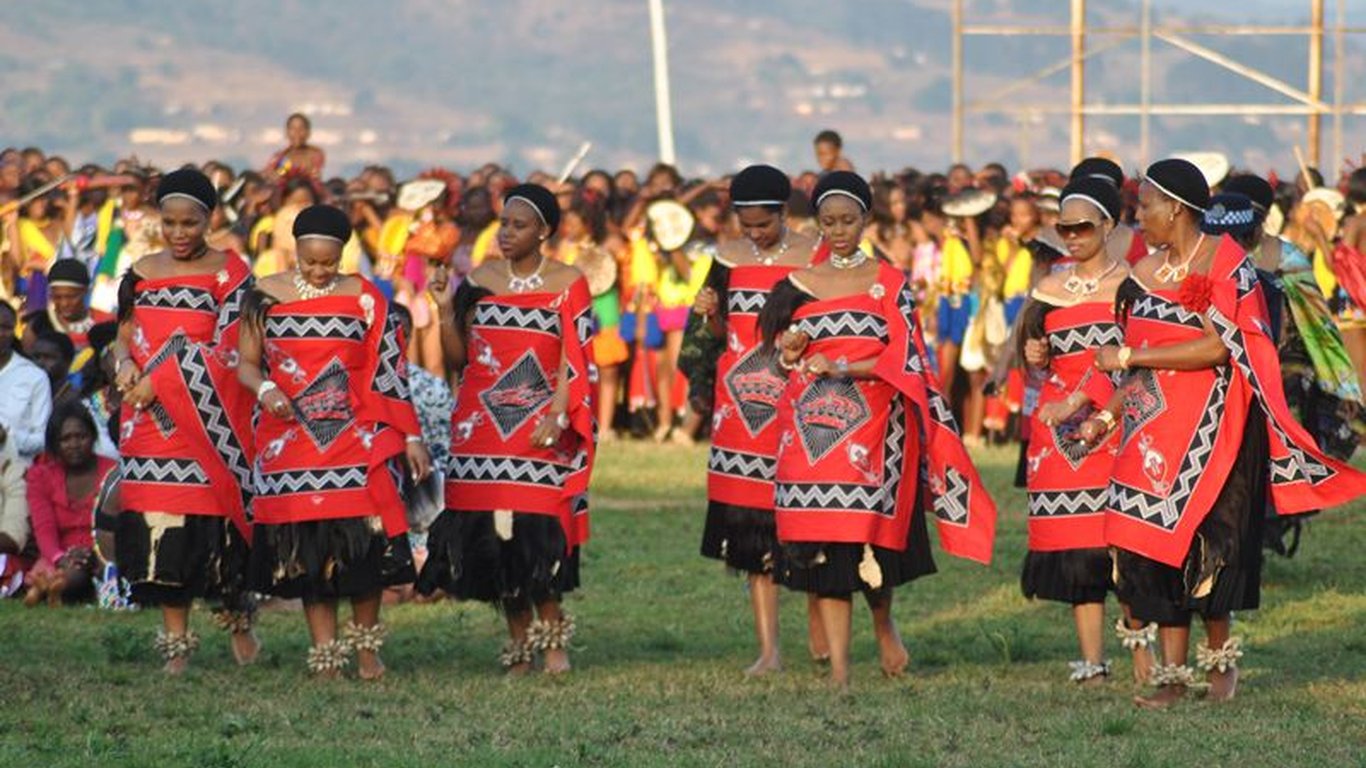6. Basic Education Skills and Tutoring
A. In order to do well in college, Students must have proficiency in writing, basic math, reading and language skills. For the student about to enter college tutoring in these are would be helpful and in some cases, mandatory.
B. Basic introduction to African languages, and seek to learn at least 1 other African language.
C. African centered Architecture and efficiency in computer technology and communications in order to exchange news with other Africans around the world.
D. Maatian Governance; and Matching Career Choices with the needs of community.
7. Personal Development
A. Advancing the concept of Divine and Sacred Femininity and balancing it with
being practical and functional in everyday life. Allowing the former to create a positive self concept, and that belonging to this sisterhood creates social family and a community which provides a global (Pan African) support system.
B. Building a Global Sisterhood which provides a Shield against abuse, rape, domestic violence and the Rights of Women to have decision making control over their bodies. This Sisterhood will be designed to provide support, counseling and/or shelter from any and all attacks against Womanhood, anywhere. Ka Meritah University will network with other such entities, worldwide which will engage strategies for women to become fully integrated into the social fabric in order to become equal partners in community building. This kind of networking is designed to enhance women's self concept, self confidence and reinforcement to make the kind of contribution to social construction of which they are capable of.
8. Economic Value Orientation
A. How to develop, follow and evaluate a personal budget
B. Understanding and appreciating the importance of a personal savings and investment strategies
C. Practicing collective economic investment and/or wealth building strategies
D. Understanding Triangular Trade and Commerce (Africa, Caribbean, North America, and other Diaspora communities)
E. Cooperative Economics - Definition of and Orientation to the concept.
F. Basic understanding of Micro and Macro Economic and Development Planning
9. Work Habits and Schedule
A. How to plan, use and assess a personal schedule.
B. Learning to set and accept responsibility for personal priorities
C. Learning the concept and practice of collective decision making and community organizing to achieve collective goals and objectives.
D. Learning Time management skills
E. Learning how to balance home management, children, significant other, work, and relaxing/recreational time.
10. Spiritual Development
A. Understanding the fundamental difference between Spiritual and Religious. Spiritual is an intense, emotional appreciation for the higher values which promote life, nourishment and development. Religion is just adherence and allegiance to a set code of conduct and tenets as defined by a dogma.
B. Incorporating the arts of massage, Reiki, acupuncture, reflexology, and meditation in the process of becoming a full person and woman.
11. Incorporating a Study Abroad Program
A. Especially in Africa and the Caribbean where our people own the land base, and the culture is the richest.
PROCESS
Ideally, where the budget will allow, each section should be taught by a specialist in each respective fields. Where only one or two are mentoring, never present yourself as a specialist in all areas, but state the main purpose is to stimulate interest in the initiates to learn and study on their own. Where possible set up competitions between groups of initiates, as this can have the effect of pushing initiates to their learning potential. Promote the concept that the New African Ascendent (Renaissance) Person, is one who is multi-dimensional, and one who promotes, protects and preserves the integrity of African Culture and Life. It is key, therefore, that the mentor or instructor have a list of minimal requirements which must be fulfilled in order for one to receive a Shahada (Certificate), and that a Graduation Ceremony and Celebration follow completion of the program.
Copyright@Simbamaat Consultants, 2014





No comments:
Post a Comment